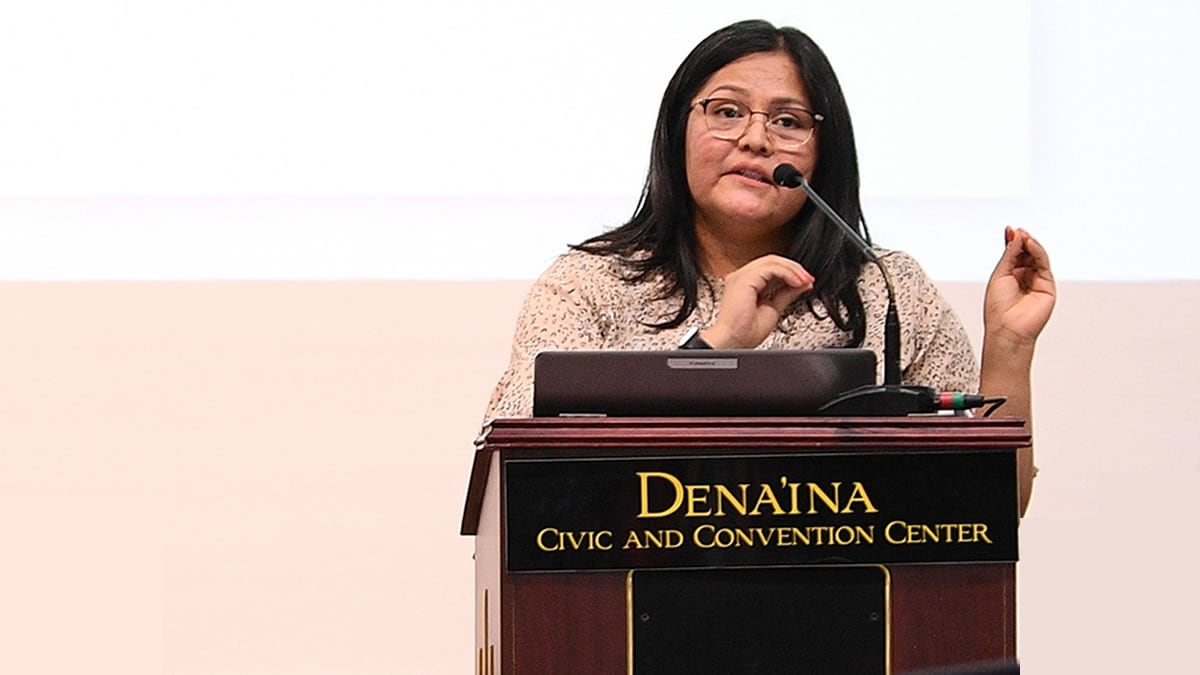At a glance
The eCR team supports Tribal nations connecting to eCR to strengthen their data-driven decision capacity and better protect the health of tribal citizens. Through a CDC cooperative agreement, the National Indian Health Board awarded funding to two Tribal public health agencies to use eCR.
Full story
eCR implemented by Tribal public health agencies

The National Indian Health Board (NIHB) received funding through the Centers for Disease Control and Prevention's (CDC's) 1802 Cooperative Agreement, which aims to improve the performance of the public health system through national partnerships. With their first year of funding, NIHB selected Salt River Pima – Maricopa Indian Community (SRP-MIC) and Turtle Mountain Band of Chippewa Indians (TMBCI) as sub-awardees. In October 2023, TMBCI became the first Tribal public health authority to receive case reports using electronic case reporting (eCR). In February 2024, SRP-MIC became the second Tribal public health authority receiving eCR data.
These Tribal nations are leading the way in establishing robust surveillance processes that will protect their citizens and exercise their right to receive Tribal health data. Through their participation in this project, these Tribes will specify which diseases are reportable to their public health agencies and develop case definitions, connect to the eCR infrastructure, and directly receive case reports about Tribal citizens. Upon receiving eCR data, SRP-MIC and TMBCI will have greater capacity to understand and address emerging public health issues. eCR will enable Tribal public health agencies to make data-driven decisions and protect the health of Tribal citizens.
Addressing barriers to data access
A March 2022 Government Accountability Office Report both reaffirms the status of Tribes and Tribal Epidemiology Centers (TECs) as public health authorities and outlines the significant barriers they face in accessing data, including infectious disease data necessary for public health decision-making. Even during the pandemic, receipt of vital COVID-19 data was delayed by up to 7 months, hindering effective emergency response efforts. The sub-awards for eCR implementation by NIHB provided an opportunity for Tribal public health agencies to receive valuable Tribal health data in near real-time.
SRP-MIC and TMBCI are sharing their experiences implementing eCR with NIHB and CDC. This includes lessons learned, best practices, successes, challenges, and solutions. These discussions will help NIHB develop a roadmap to guide Tribes and TECs connecting to the eCR infrastructure in the future.
Stephanie Jay, MPH, with the Turtle Mountain Band of Chippewa Public Health Department, said, "Electronic case reporting will greatly improve the communication between healthcare providers and our Tribal public health department, and the real-time data will provide a timely response to potential outbreaks that can improve health equity. Access to Tribal member health data is crucial for public health's efforts to respond to detection of disease, surveillance, investigation, and response."
A look to the future
The eCR team continues to advance health equity by supporting public health authorities who serve communities that have been economically and socially marginalized in connecting to the eCR infrastructure and receiving life-saving data. With more complete, timely access to their data, Tribes will have critical information needed to support their decision-making as public health authorities. The team looks forward to continuing work with current Tribal partners and assisting future Tribes with connecting to the eCR infrastructure to serve their and broader public health needs.
